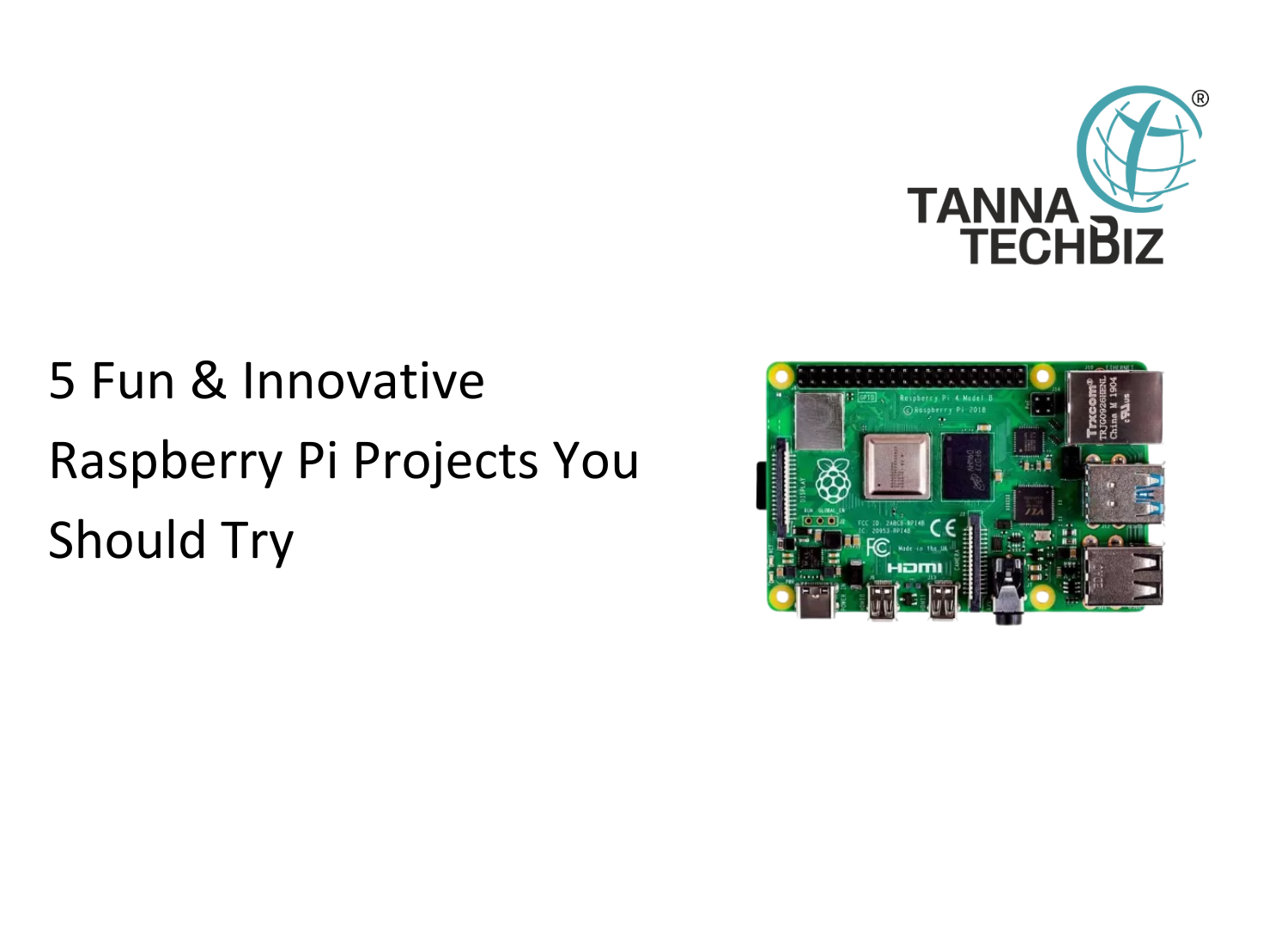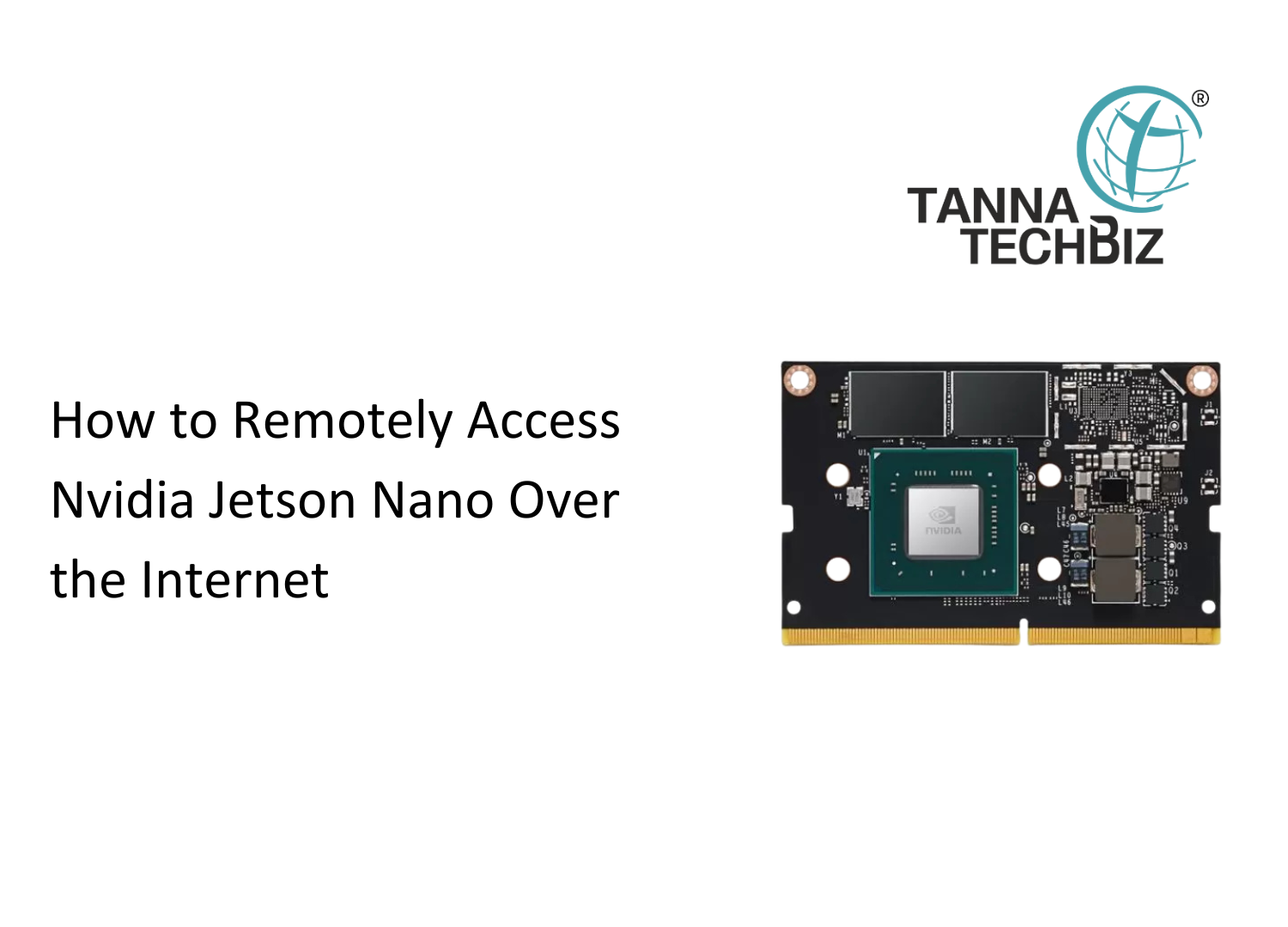Monthly Archives: February 2025
- 21 FebRead more »
DIY electronics received a revolutionary transformation because Raspberry Pi introduced countless ways for developers to innovate. The arguably best new addition to Raspberry Pi projects is the advanced Arducam module, which improves visual capabilities. Using an Arducam module in your project will boost its performance and build security systems, wildlife cameras, or smart mirrors.
Why choose Arducam modules?
Arducam modules function without issue with Raspberry Pi by providing high-resolution imaging and diverse operational capabilities. Different project requirements find solutions through the available resolutions of these devices. These small camera hubs work well because novices and advanced experts can use them.
Step-by-Step Integration Guide
Gather your components
Ensure you have:
- 18 FebRead more »
Banana Pi single board computers (SBCs) are commonly utilized in various industrial settings, for automation purposes. The addition of a Banana Pi display elevates user interaction by offering a platform to manage applications and showcase system data among functions. Whether you're an enthusiast or a hardware developer making an informed choice, the appropriate display is crucial.
5 Must-Know Banana Pi Display Models
Banana Pi 7-inch LCD Touchscreen Display
This 7-inch touch screen is a favorite among people looking for a practical display option that provides clear visuals and responsive touch capabilities with a resolution of 1024×600 pixels. It’s ideal for home automation projects, media centers, and embedded systems where interactive control is required.
Banana Pi OLED Display Module
If you're working on a project that needs a
- 12 FebRead more »
With the advent of new technology, Intel continues to push the boundaries of innovation with progressive development boards. No matter if you are into AI, a developer working on IoT applications or a robotics expert, an Intel development board can be revolutionary.
5 Intel development boards in 2025
Intel Khadas Mind 2s
Introduced at CES 2025, Khadas Mind 2s is a modular mini-PC and runs on the Intel Core U7 255H processor chipset. With AI capabilities and enhanced energy efficiency, it provides a compact yet powerful platform for machine learning and high-performance computing applications.
Intel Khadas Mind 2 AI maker kit
If you are a developer who wants to optimize the AI model, this kit can not be missed. Featuring the Intel core Ultra 7 258V processor from the Lunar Lake platform, it boasts an impressive
- 10 FebRead more »
Tanna TechBiz Eagle - 201 Full System with NVIDIA Jetson Orin Nano 4GB/8GB Module: The Ultimate Edge AI Solution
Introduction
The Tanna TechBiz Eagle - 201 Full System represents a breakthrough in the field of edge AI development, offering unmatched versatility, compact design, and the powerful performance of the NVIDIA Jetson Orin Nano. Designed to cater to AI-driven applications like robotics, smart drones, and intelligent cameras, this system is a game-changer for developers and businesses alike.
The Tanna TechBiz Eagle 201 Carrier Board for NVIDIA® Jetson Orin Nano™ sets a new standard for creating entry-level AI-powered solutions like robots, smart
- 7 FebRead more »
Artificial intelligence at the edge is becoming more popular, and the Google Coral Dev Board is a potent beast that will help you quickly build real-time AI applications. Using its powerful edge TPU and flexible computations, it enables developers to train machine learning models without the need for public cloud computing. Let us dive into its performance, AI potential, and overall value.
Performance and hardware
Google Coral Dev Board built upon the NXP i.MX 8M SoC features a quad-core Cortex-A53 and Cortex-M4 processor. Everything onboard is powered by 1GB LPDDR4 RAM and 8GB eMMC storage with a support microSD expansion. Edge TPU offers up to 4 trillion operations per second(TOPS) while consuming bare minimum power. Really good on low latency AI tasks like image recognition, speech processing and object detection.
Three



